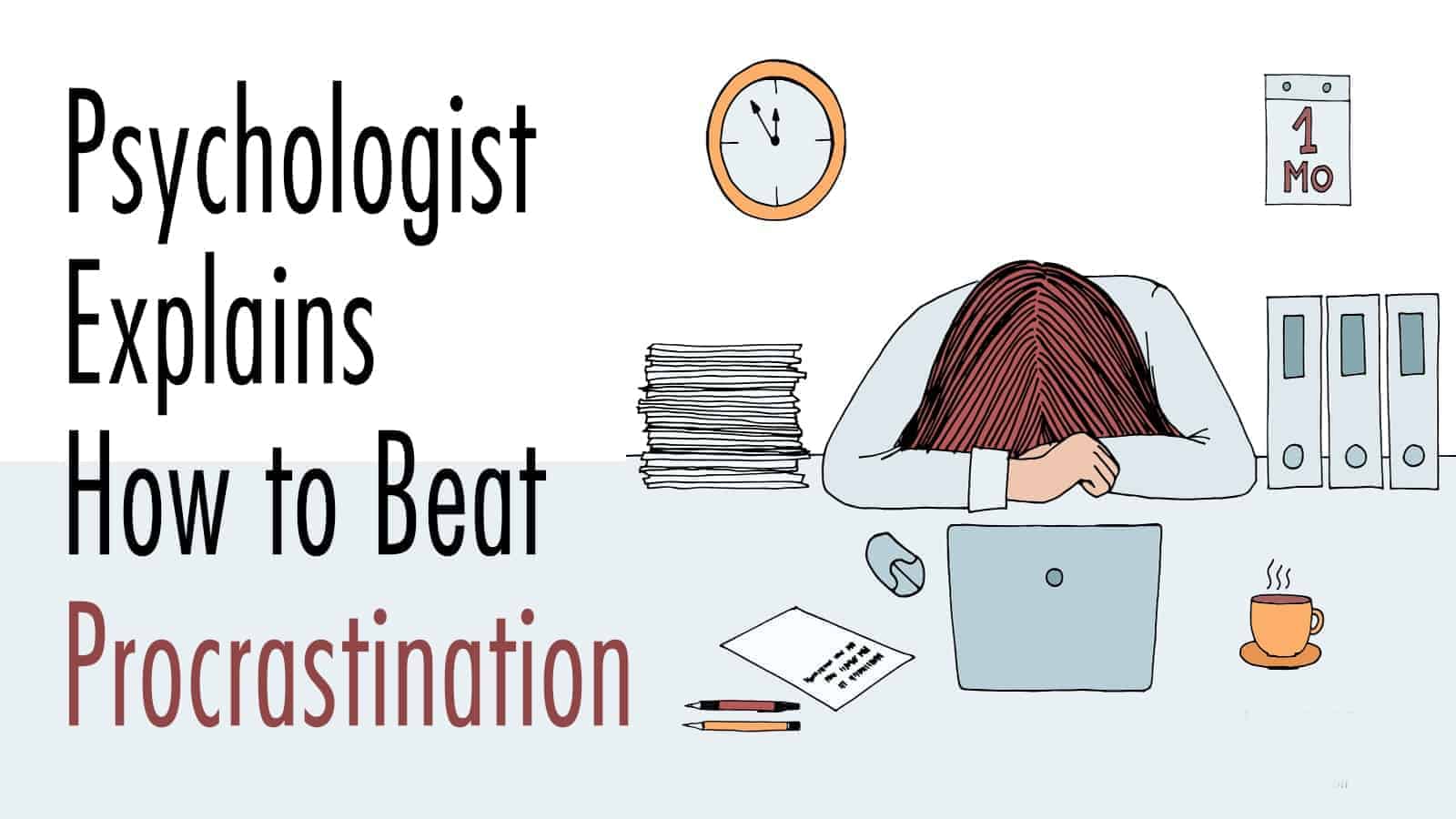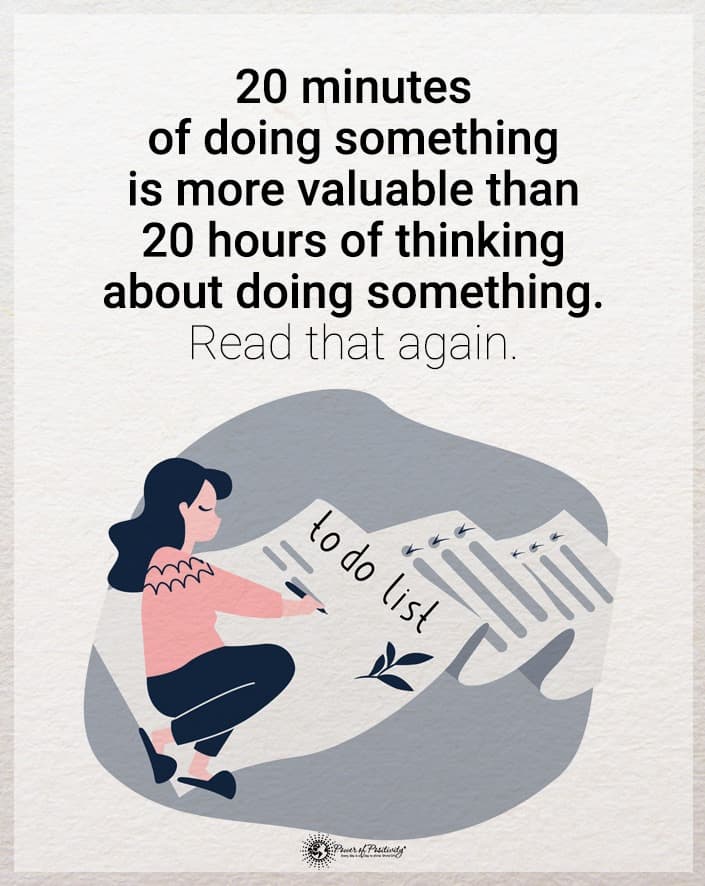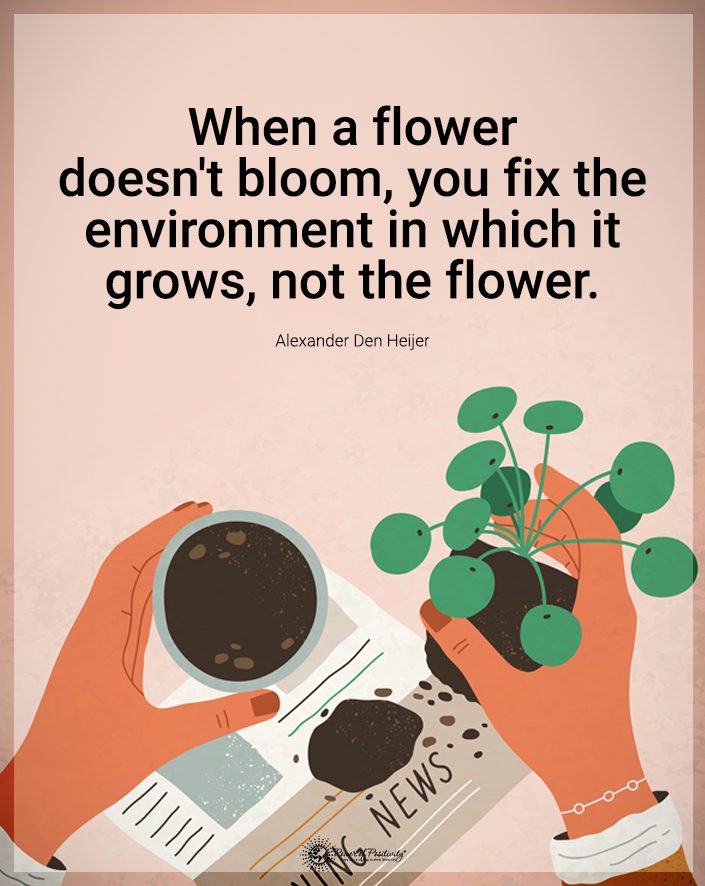Procrastination is a treacherous habit. A dangerous habit. Fortunately, procrastination is also a conquerable habit.
The Oxford English Dictionaries defines procrastination as “The action of delaying or postponing something.” More interesting is OED’s example phrase for the word: “Procrastination is the thief of time.” It is most certainly that.
It’s not hyperbole to say procrastination kills ambition, energy, happiness, and success. The procrastinator – a title that sometimes applies to everyone – wants to stop this incessant delay. The question is not a matter of desire but self-control, knowledge, and implementation.
This article will discuss ways to defeat the procrastinator in us all. Of course, it is not as simple as barking out (or typing out) instructions. As overcoming procrastination involves a shift in mindset – no small feat – we must approach this shift methodically and scientifically.
Regarding the last point, it is essential to understand the why’s behind the act of procrastination. According to psychologists, this knowledge can help us to beat procrastination. This is because the mindset that gives rise to procrastination involves three truths that, once acknowledged and remembered, can go a long way toward helping relieve us of the habit and the guilt that often arises from the habit. These three main points are: (1) procrastination is a very human thing, (2) procrastination has its origins in evolution and neurology, and (3) we can do something about it!
Let’s discuss all three points in order:
#1 Procrastination Is A Very Human Habit
“While procrastination seems like a character flaw, it evolved for a reason.” – The Genetic Literacy Project
According to psychologists and professors Joseph Ferrari and Timothy Pychyl, there are ten things that people should understand and remember about procrastination. Doing so will help sweep up some of the regret, anger, and confusion that often follows when procrastinating. As you will see, this knowledge will put you in a better position to call yourself out before it takes hold.
Here is procrastination at a glance using ten points:
- Procrastinators can undoubtedly change their habits. The problem for most is that the work required to change said habits consumes much mental energy.
- The adverse effects of procrastination are felt nearly everywhere. Evidence exists that procrastination can cause both personal and professional problems. Life areas that can be affected by procrastination include health, education, finances, relationships, and career.
- The three types of procrastinators are arousal, avoidance, and decisional procrastinators. The first gets a “thrill” from procrastination. Avoidance types procrastinate from a deeply rooted fear of failure. Decisional procrastinators are unable to make decisions.
- Procrastinators are constantly scanning the environment for possible distractions to use as an excuse to deviate from the task at hand.
- Procrastination usually summon rationalization, which can cause the mind to “play tricks” to the point where the procrastinator feels entitled to put something off. Common rationalizing phrases include, “I’m feeling too (tired/uninspired/sick/etc.) to do this now,” “I can’t think clearly,” and “I’ll do this tomorrow.”
- Substance abuse is common in those with an avoidant style of procrastination. Experts attribute this correlation to poor self-regulation skills.
- Controlling parents, particularly fathers, may cause the person to procrastinate out of rebellion.
- Procrastination cannot be attributed to personal shortcomings like poor planning or inept time management.
- There is a cultural element to procrastination. In the United States, for example, Americans tend to tolerate the excuses of others more than many (most?) others. Such excuses wouldn’t fly in many other countries, including in places where punctuality is highly coveted.
- Two out of ten people identify themselves as chronic procrastinators. In other words, procrastination is evident in most, if not all, areas of their life.
#2 Procrastination Has Its Origins in Evolution and Neurology
We must first discuss cognitive planning to understand the evolutionary and neurological roots of procrastination. Complex planning is one of the executive functions. It involves the neurological processes utilized in formulating, evaluating, and selecting a sequence of thoughts and actions. It is a necessary process to achieve a desired goal.
Our brain can reject planning at the subconscious level. So, if your subconscious mind “thinks” that your plan is worthless, do you think you’ll dive into some project head first? Highly unlikely. You are more apt to find something else to do. All the while, your conscious mind is trying to rationalize why you are putting off that important project (and failing miserably!).
Why have we evolved only to adopt the apparent self-sabotaging act of procrastination? This question is a bit complicated. Long story short, we’re much more intelligent and intuitive than we think. To illustrate, let’s use the following complex planning scenario, courtesy of Dr. Cal Newport: “Sharpening a spear and charging a mammoth, and sharpening a spear and throwing it at the mammoth are both complex plans. Early Homo sapiens could … notice that the latter plan, with its much reduced risk of trampling, was the better choice.”
Now, here’s a rhetorical question followed by a critical point:
If your subconscious mind knew – even if your conscious didn’t – that tossing the spear may prevent you from getting trampled by a mammoth, is there a chance you’d think twice before charging a ten ton woolly mammoth?
Dang right! And you can bet that many of our hunter ancestors felt the same anxiety masquerading as procrastination. The lesson of the story: It may feel as if we’re unnecessarily delaying for no good reason when in fact our subconscious knows that there’s a better way.
Besides the normal evolutionary and neurological mechanisms of procrastination, there also appears to be a potential link with various mental health disorders. More specifically, mental health conditions that decrease the brain’s levels of the neurotransmitter dopamine. Not only does this make sense from a commonsensical perspective, but a biological one.
#3 We Can Do Something About It!
Now for the part we’ve all been patiently waiting for! Here are seven science-backed ways to beat procrastination based on psychologist Timothy Pychyl’s research on procrastination.
1. Label Negative Emotions
Remember when we talked about the role of cognitive planning in procrastination? Well, it must be understood that the subconscious part of this process is strictly non-verbal. This means that when the circuits just beyond conscious thought object to our current plan, we won’t hear “Wait, stop!” or “Try this!”
Instead, our subconscious will attempt to get our attention by manifesting a bunch of unpleasant emotions. Learn to label the emotions of anxiety, boredom, fear, incompetence, indecision, and overwhelm – and you will be well on your way to beating procrastination.
2. Pay attention
Our brain has two modes: a default mode and a focused mode. The default mode is impulsive, lazy, and loves to make excuses. The focused mode tunes in and locks on. Guess which one is conducive to doing good work and beating procrastination?
Of course, fighting distractions and overcoming procrastination isn’t always easy. You will fail at times. But if you invest even a few minutes a day building your attentional capabilities, you’ll find it much easier to pay attention to work – even when it’s boring.
3. Spot Rationalization
When procrastination seeps into the conscious mind, the uber-intelligent brain will “reward” us by providing excuses. (Thanks, brain!) By learning to spot rationalizations, we can hold ourselves accountable and return to the right frame of mind. Here’s a short list of some of the more common rationalizations:
- “I have plenty of time.”
- “It’s easy, I’ll get it done in no time.”
- “I’ll get it done tomorrow.”
- “I need to do (x) before I can finish the job.”
- “I work better under pressure.”
4. Know the Types
This one is all about recognizing procrastinating activities for what they are – time wasters – and then returning to work. Some of the more common types of procrastination include:
Busy work: email, phone calls, organizing, etc.
Bodily needs: drinking, eating, and sleeping
Entertainment: social media, texting, YouTube, etc.
Notice if these time wasters always appear when starting a complex task. If so, your mind and body may be playing tricks. Ask yourself if what you’re thinking about can wait. If not, that’s okay. Please do what you need to do and then get back after it.
5. Lay the Bricks
It’s quite incredible just how creative the mind gets when it wants to avoid the hard stuff. One way it does this is by conjuring up a bunch of activities that only work in appearance. Get around this by breaking each goal into actionable steps, or “bricks.”
Think of a house or building project. Progress is always measured incrementally or, to use a corny analogy, brick by brick. Ensure you do the real (read: hard) work by laying only those bricks necessary to achieve your goal.
6. Just Get Started
The pain and discomfort of procrastination is at its peak before you start doing a task. As soon as you start, the amount of pain falls drastically. (Google “Procrastination Pain Graph” if interested.)
Anyway, forgo the need to have everything planned out and begin. Doing so will make you feel much better and more inclined to finish.
7. Forgive Yourself
We would love to tell you that, by knowing all this stuff, you will never procrastinate another day. The writer would be lying through somewhat crooked teeth. Unfortunately, procrastination is as human as bad traffic and selfies.
Remember: “To delay is human, to forgive is divine.” (Sorry, the writer’s creative juices are also fried. Or am I procrastinating? Hmm…) Anyways, be neither too harsh to too lax with yourself. Lay those bricks, make consistent progress, and try to enjoy the ride!
Final Thoughts on Overcoming Your Procrastination Habit
Procrastination, a universal adversary to productivity and personal growth, often holds us captive in a cycle of delay and regret. Overcoming it isn’t just about accomplishing tasks. Instead, it’s about liberating ourselves from the weight of unmet commitments and unrealized potential. The first step is to recognize that every moment spent dawdling is an opportunity missed. We can reclaim our time and potential by employing strategies, understanding the root causes of our hesitations, and actively fostering an environment conducive to action.
At the end of the day, the journey to conquer procrastination is a testament to our commitment to personal evolution. Let us move forward with intention, embracing each new habit as a stepping stone to a more fulfilled and purpose-driven life.
















 Community
Community

